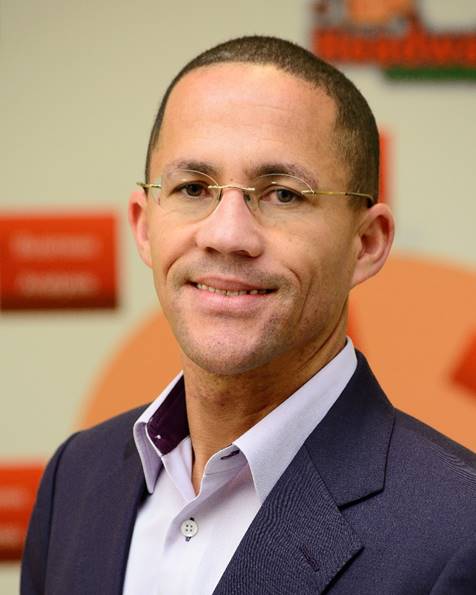
Did you earn your bonus?

By Jan Coetzee
Managing Director Headway Consulting
The end of another year is rapidly approaching and all thoughts are on December, the festive season is the season of giving. This means bonuses, 13th cheques are on the way and some employers even give a 14th cheque. Which certainly comes as a God-send, as Christmas, the endless school holiday and the year has been very expensive.
The 13th cheque or any form of bonus paid out at the end of the year is basically a bonus for hard work, dedication, good performance and possibly going above and beyond your normal duties as an employee.
It was conceived as a way of rewarding employees who had performed above and beyond what was expected of them and their job description. Whether it was exceeding their sales targets or performing their duties in a manner that went beyond expectations. This would be rewarded with a bonus of some kind. A thirteenth cheque perhaps, a Christmas hamper, or something to that extend. Times have now changed and everyone expects and receives a bonus. They almost demand it, it is part of the renumeration package in most organisations.
However, if we examine it closely and honestly, does everyone really deserve a bonus? Has every employee really gone above and beyond their job description all year and provided ‘excellent’ customer-service or exceeded their expected annual sales-target by 20% or more? We in Namibia like to complain about service delivery, from the service we receive at restaurants, shops and from service providers to Governmental institutions. Knowing that often when we ask for service we are met with eye-rolling and disdain, as well as being faced with enormous bureaucracy at every turn and slow-moving processes in most cases. Does this seem like the perfect environment to achieve high levels of service excellence, or maximising sales? Remember, we are talking about earning your bonus here, not simply fulfilling your job requirements.
Providing excellent customer service, fulfilling processes to the best of one’s abilities and reaching and exceeding your sales targets all require the right tools and right management structures in place. If Namibia and Namibians want to deliver and expect good service delivery, processes need to be in place. If the application process for a new driver’s license takes too long, people will perceive it as bad customer service. However with the digitalisation of the process, perhaps even being able to apply through an Application on your smartphone or from your computer, will provide a much better experience.
Namibia is focused on creating a knowledge-based society where technology, innovation, entrepreneurship at every socio-economic level becomes the norm. Being able to see and act upon potential opportunities and possibilities for change through innovation is the only path to success. This means that the business environment needs to change.
It can only survive if Namibia can successfully compete and even flourish in the face of the range of emerging adverse and fluctuating business and economic conditions. By becoming truly service-orientated through streamlining processes, using proven technology and implementing best practises from around the world, but adapted to be relevant to our environment, will allow the Namibian employee to truly go above and beyond their remit and really earn that bonus.
Namibia can engage and implement best practices and adapt them for our own needs and circumstances. We will engage and implement the best possibly solutions, hardware and people to continue to improve. Which will create a win-win scenario, Namibia becomes a truly service orientated society and improves service delivery and production and people feel great because they know they truly earned their bonus.













































